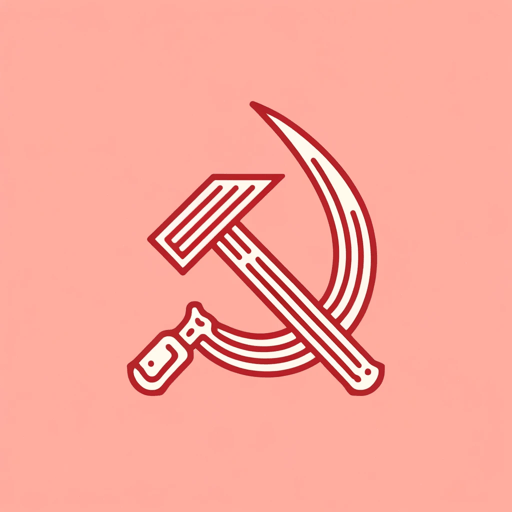45 pages • 1 hour read
Vladimir LeninThe State and Revolution
Nonfiction | Book | Adult | Published in 1917A modern alternative to SparkNotes and CliffsNotes, SuperSummary offers high-quality Study Guides with detailed chapter summaries and analysis of major themes, characters, and more.
Index of Terms
Anarchism
Anarchism is a political philosophy that rejects all forms of traditional hierarchy and state structure, advocating instead for complete egalitarianism and free association. The word “anarchism” comes from the Greek meaning “no order.” Their key point of difference with Marxist ideology is rooted in the transition from a world of governments to one without governments. Marxists believe in the need for a dictatorship of the proletariat, a temporary condition wherein the workers use the state to stamp out the remnants of the old world. Anarchists, such as Marx’s intellectual rival Mikhail Bakunin, instead argue that any government would be oppressive and would hold onto power unjustly, and that therefore humanity must make a direct transition into anarchy.
Bourgeois State
In Marxist theory, “bourgeois” (plural: “bourgeoisie”) refers to those who earn money without having to actually produce anything, because they control the means of production. They use the proletariat as workers who do all the physical labor without having any ownership stakes. The “bourgeois state” in Lenin’s work applies to the European powers and the United States, industrialized states where the apparatus of state power serves to protect the interests of property owners at the expense of the workers.
Related Titles
By Vladimir Lenin


